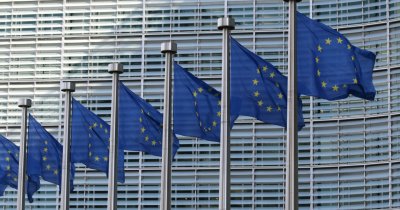According to Reuters, the drafts see the support of world leaders and important investors and regulators, who want the development of a more specific sustainability disclosure system to replace current standards.
This new system should help to prevent companies from greenwashing, or making exaggerated sustainability claims.
The first standard is aimed at general sustainability related financial disclosures, while the second one is about climate-related disclosure requirements covering "Scope 1-3", which refers to data about the company's direct emissions, indirect emissions from purchased energy and indirect emissions from supply chains.
Critics said that the move made by ISSB is not as ambitious as the one made by the European Union, which also asks companies for information on how their activity affects the environment, known as double materiality.
ISSB Vice Chair Sue Lloyd said that the new standards aim to "meet the needs of investors who want to know the impact of sustainability factors on a company's enterprise value, meaning the value of its shares and net debt."
"The ISSB draft standards ultimately capture the impact of a company on the environment given that polluting results in fines and potential customer boycotts which affect profitability", Lloyd added.
The new norms proposed by ISSB can work with the rules issued by the EU, she added, while the U.S. Securities and Exchange Commission also proposed disclosure rules that are similar to the ones presented by ISSB.
"We will be working with the SEC and the EU to try to bring our proposals even closer together," Lloyd concluded.
 Mihai - Cristian Ioniță
Mihai - Cristian Ioniță












Any thoughts?